Your cart is currently empty!
Turn Your Trust Inwards
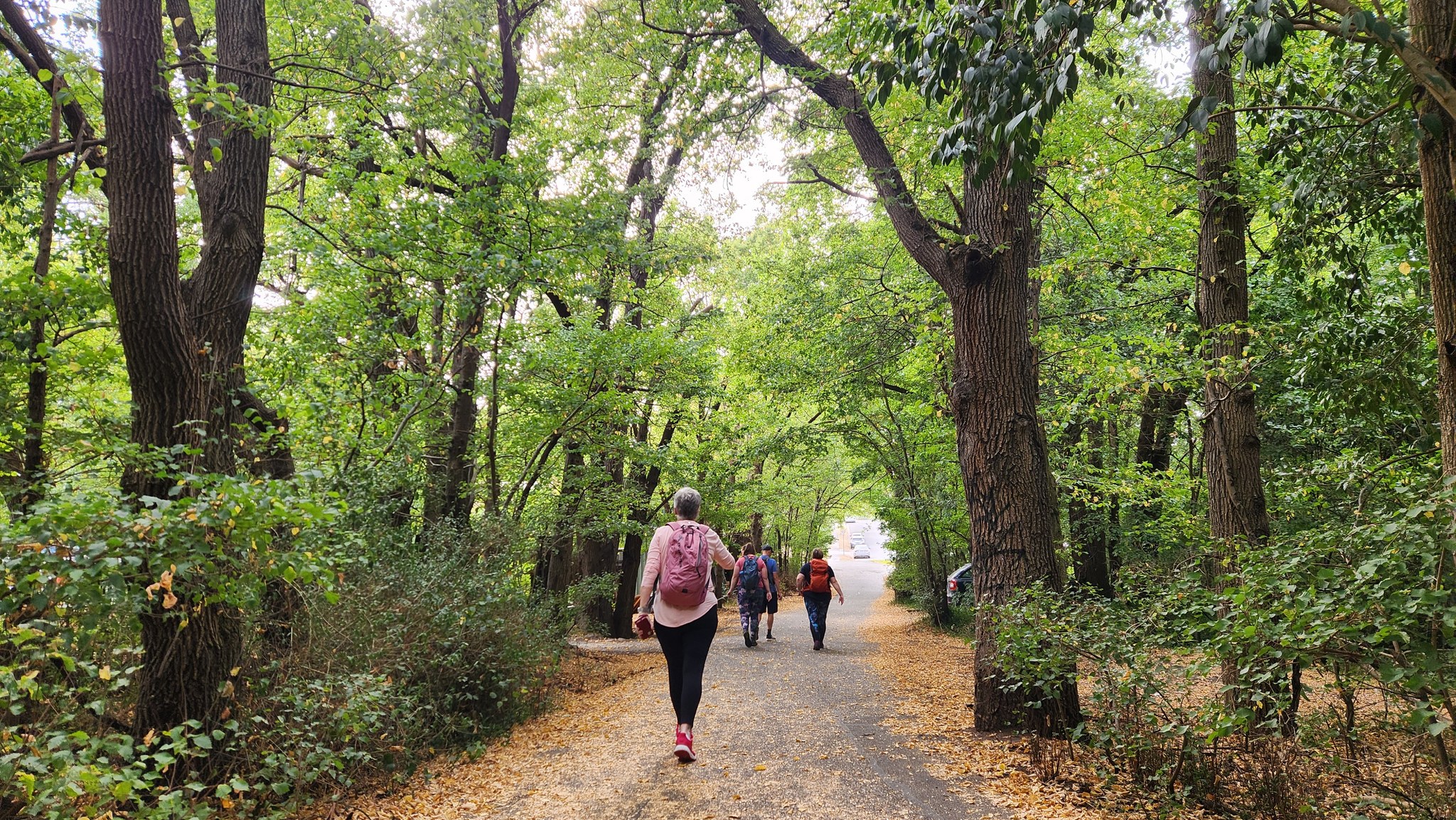
When we talk about trust, it’s usually about others. We trust our friends to show up when we need them. We trust our colleagues to deliver on time. We trust leaders to guide and make decisions for the good of the team. We trust our systems to keep us safe. But what about the trust we place in ourselves?
This is the trust that reassures us that we can navigate our way through hard times, helping those times feel that little bit easier, knowing we have the ability to get through. This trust allows us to try new things and take chances because we know we will be okay if we fail. That means it allows us to truly grow and stop us from judging ourselves. Trusting in ourselves helps us to remain aligned with our personal values, even when things are uncomfortable (shout out to the problematic relative at the family dinner).
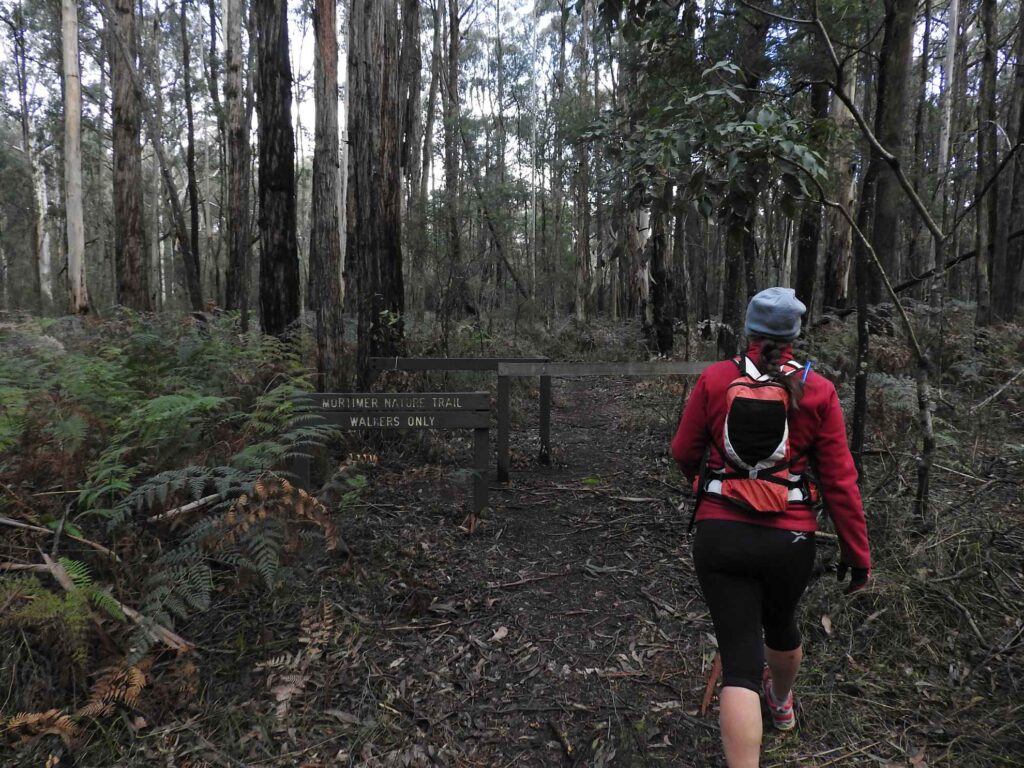
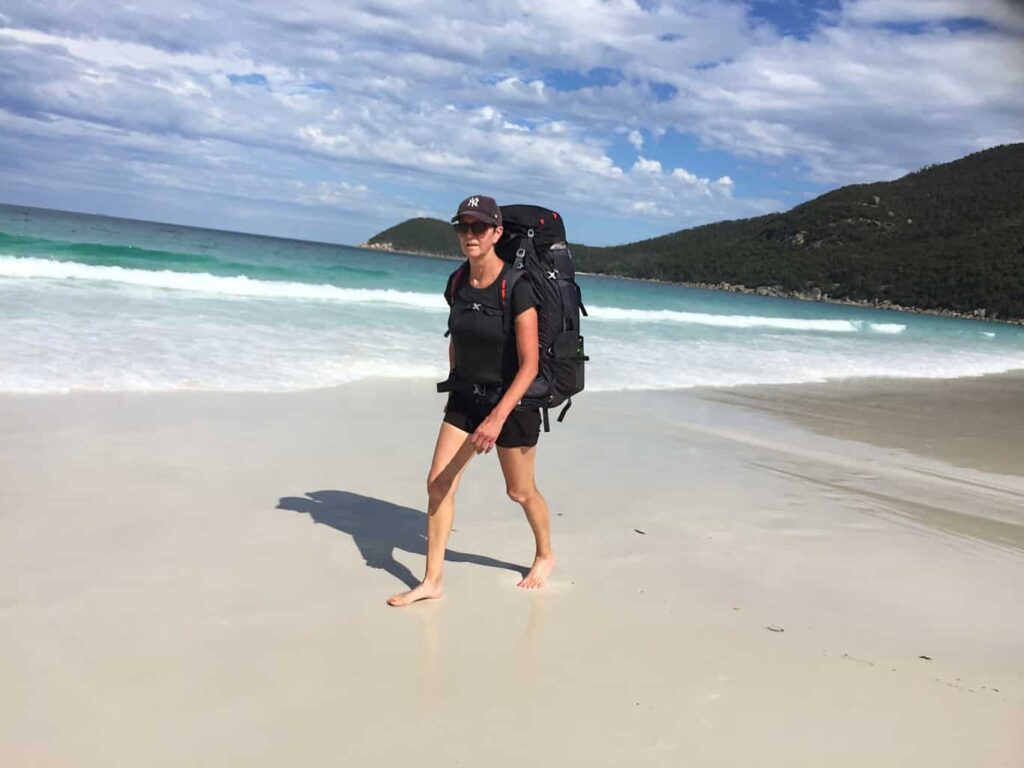
Trust to avoid missed opportunities
So many choices get left on the cutting room floor because we don’t trust our instincts. Maybe there’s a new adventure you want to embark on or try for the first time, but you end up talking yourself into believing that you’re not capable, ready, fit, or strong enough. Yes, sometimes the systems we live in limit us. In those moments, staying small is survival and that takes wisdom. Maybe you are genuinely injured and it would be harmful to your health to push yourself to the breaking point.
But most of the time, we live in safe systems. We can stretch, try, and grow. And still, we hold back by convincing ourselves that we are untrustworthy, preventing us from discovering something we could potentially love. That’s when trust becomes part of a bigger circle. It’s not just about whether we can trust others. It’s about whether we trust ourselves enough to step beyond smallness, to back our own resilience, and to know we’ll bounce back if it doesn’t work out.
Trust to break away from perfectionism
Our perfectionist sides love to tell us that if we can’t do it perfectly, we shouldn’t do it at all. These little demons on our shoulders whisper that failure is not an option because what if we look silly or stupid or feel embarrassed? Surely, it must be better to just never try anything new so we can remain in that little bubble of perfection.
But resilience and adaptability are much greater life skills than perfectionism, and they aren’t built in comfort. They’re built in the space of life when we risk stumbling or failing, and show up anyway. We need to trust ourselves that we can deal with failure and learn from it, so we can escape perfectionism and discover real personal growth.
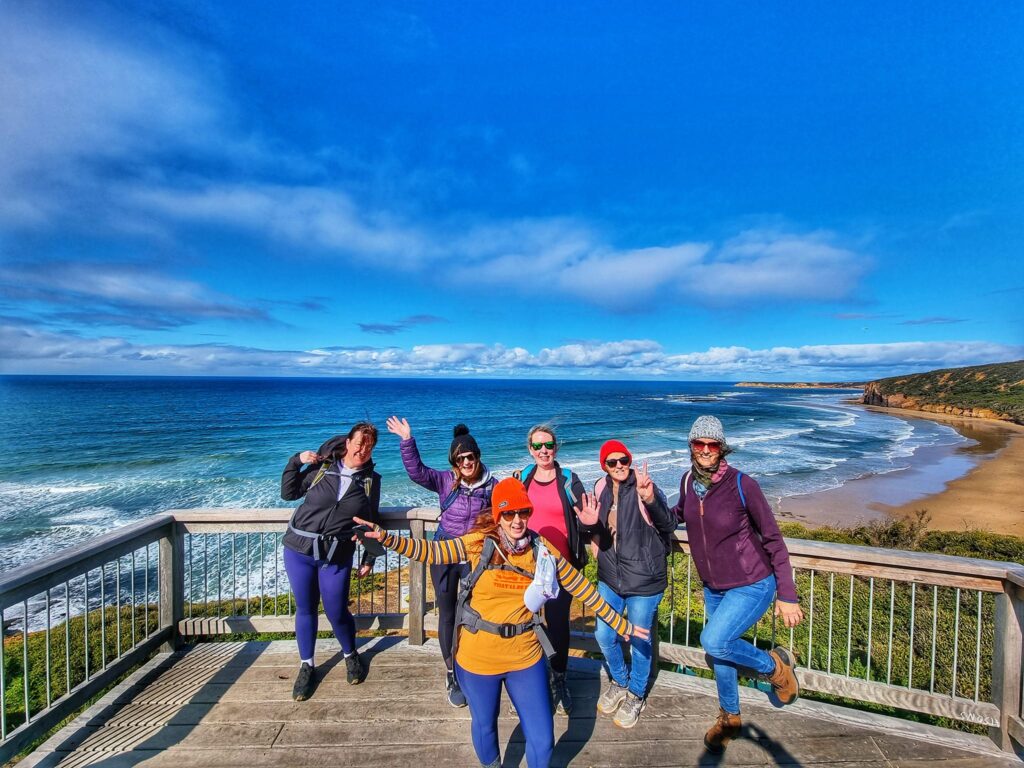
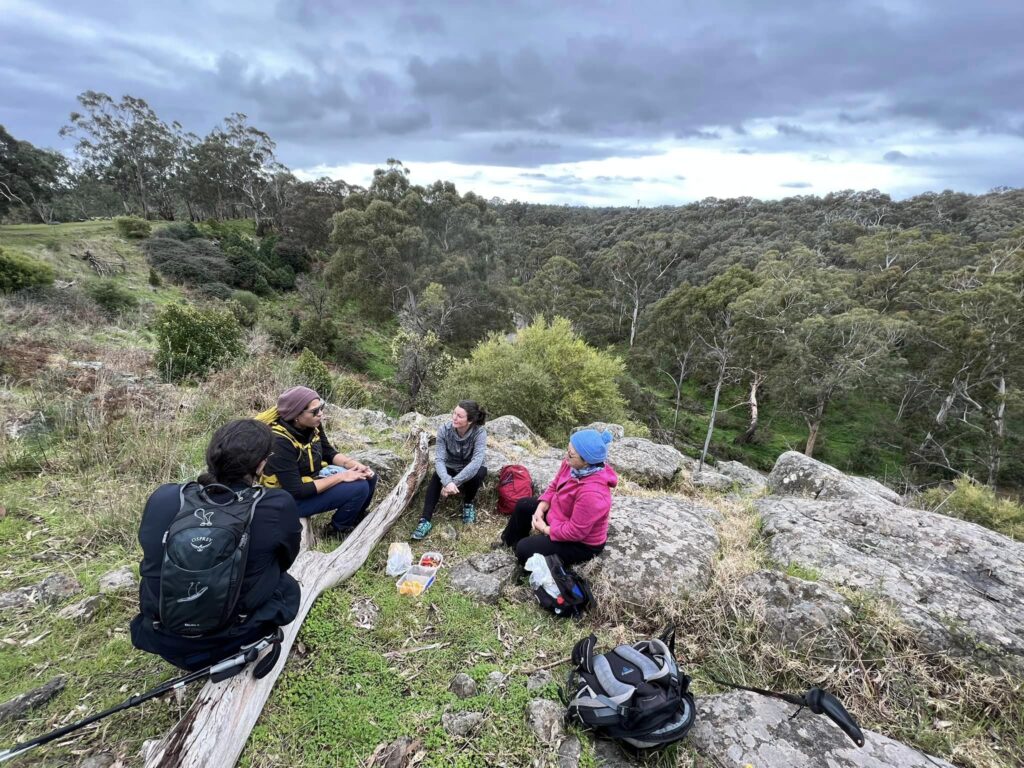
Trust is something you can practise
Self-trust is like a muscle and every small challenge, whether it be physical, emotional, or professional, is like a rep. The only way you can build self-trust is with those consistent efforts over time. Taking one huge leap of self-faith for a day and then retreating back into your safe space for a year won’t leave you with lasting trust in yourself (although it will definitely help). It’s better to support those leaps with small steps in between.
Maybe you’ll stumble, but then you’ll adapt and rise again to give it another go. You’ll prove to yourself that you won’t give up and can take those small chances, eventually adding up to those big moments of self-trust. This is how you teach yourself that you can fail, learn, and still move forward.
Trust to live intuitively
As our lives progress, we’re increasingly expected to know who we are, what we want, and exactly what support should look like. However, I’m in the middle stretch of life and I still don’t have it all figured out. I’m still discovering new parts of my personality and new things I enjoy or dislike that I can add into my mental map of myself. But I don’t think we always need the language for who we are. Sometimes we just need the feeling and the intuition we can call upon.
Some of my best lessons have come from leaning into those urges, even when I couldn’t explain them or identify where they’re coming from. Don’t get me wrong, they didn’t always end up successful, easy, or even fun. But that’s where I’ve discovered the most personal growth, by trusting I could cope, recover, and learn.
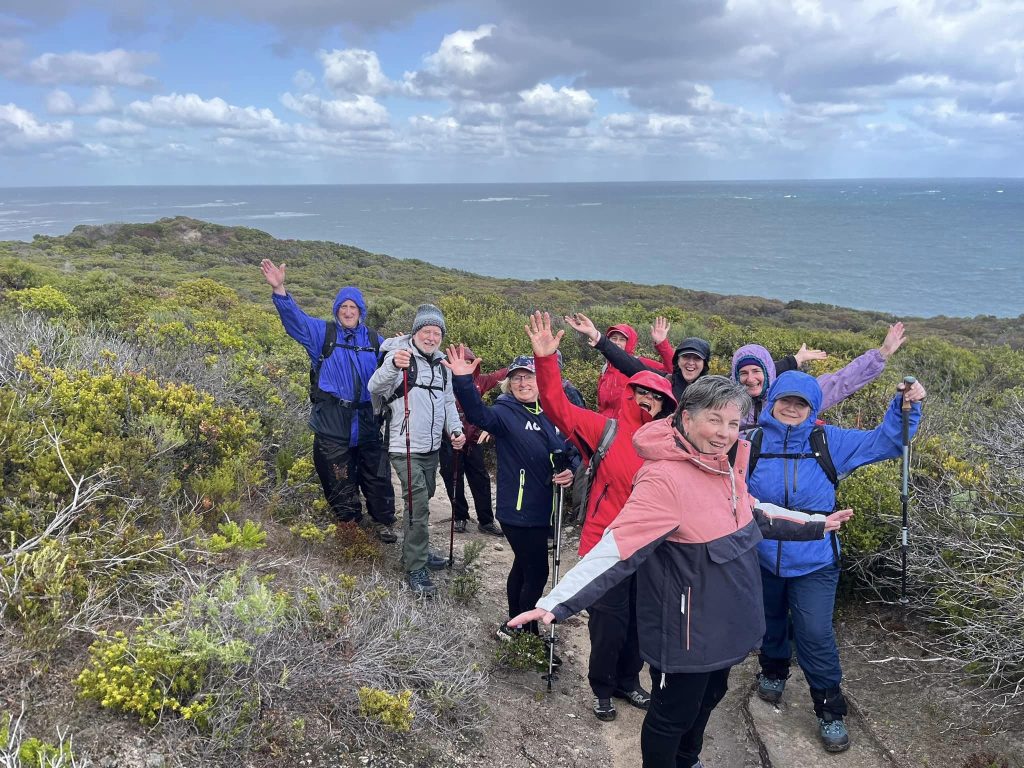
Trust isn’t just something exchanged between people. It’s a way of being with ourselves. I believe in my ability to navigate hard things. I believe in my bounce back. I believe in me. The real question isn’t, “Who can I trust?”, it’s, “Do I trust myself enough to step out of my comfort zone?” What would you do differently if you trusted yourself fully?

